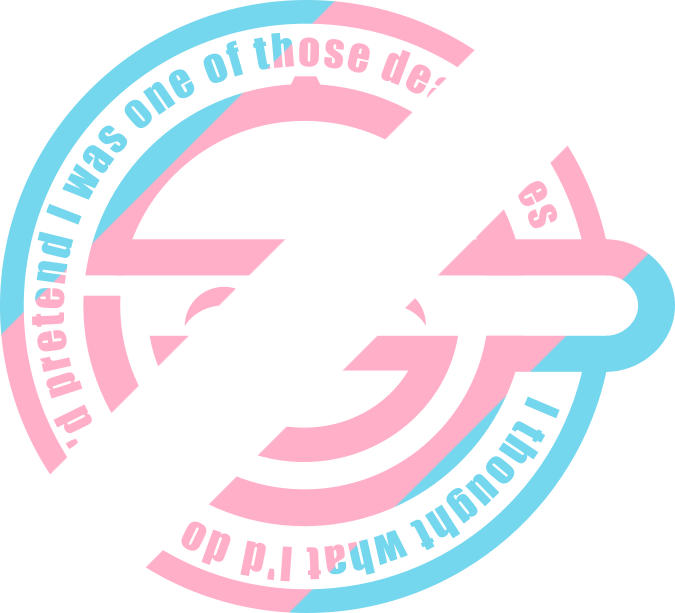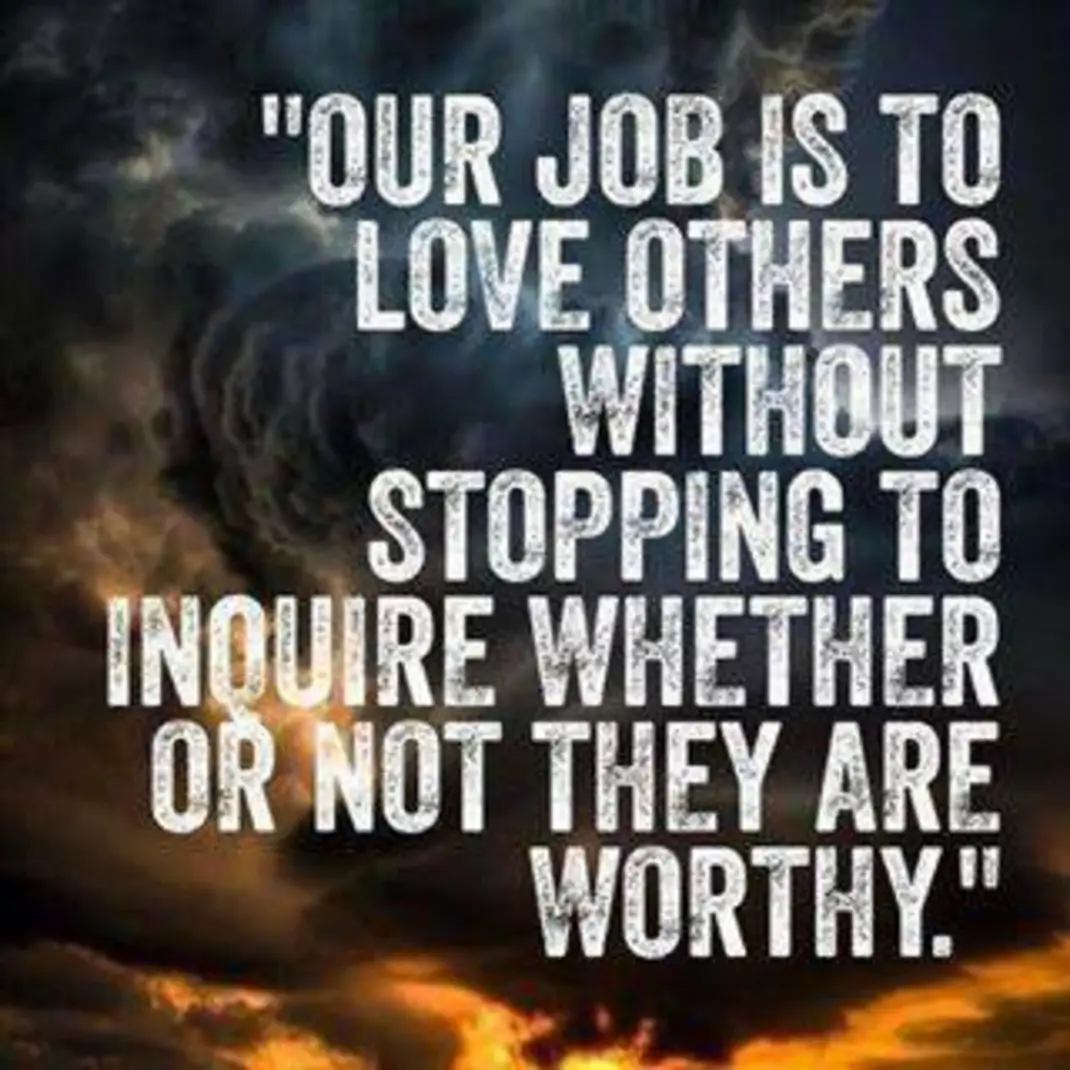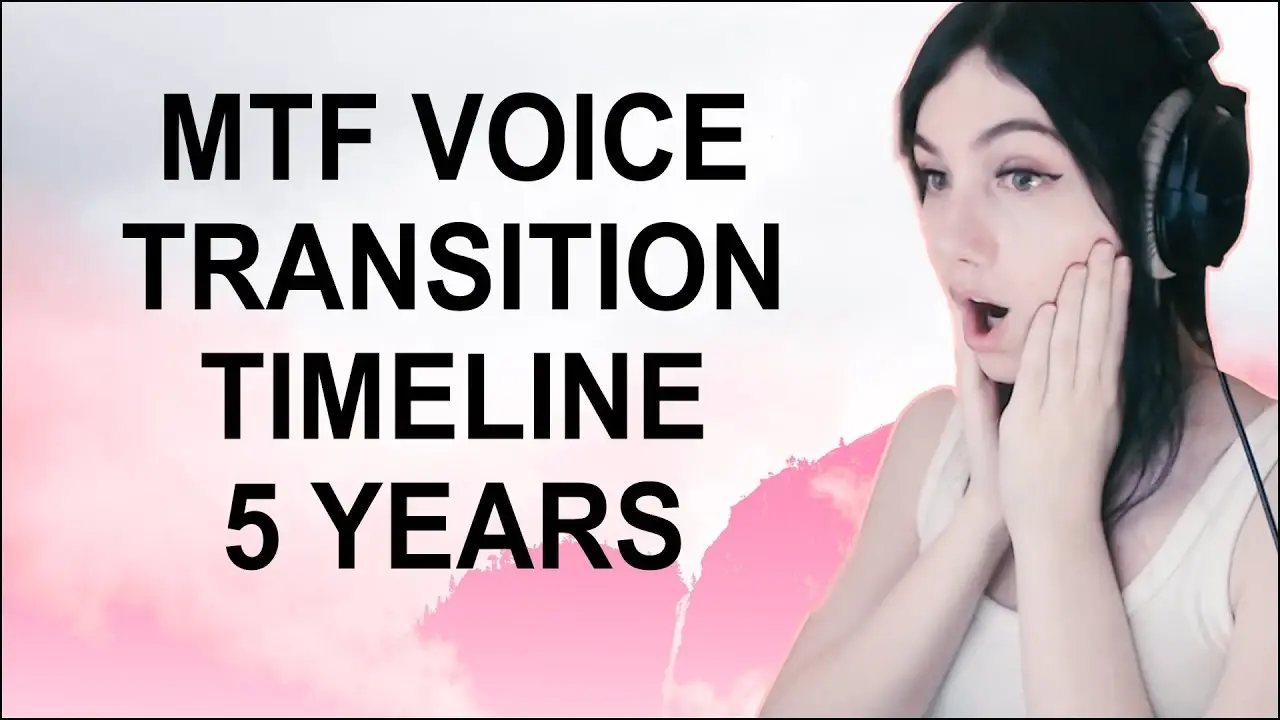Was just casually checking out some videos from this voice coach lady… when suddenly I find out she’s trans too! Kinda makes me feel inspired, with progress like that.

Zheanna is great. For anyone looking to get started her voice feminization for absolute beginners video is great. For anyone just getting started my biggest recommendation would be don’t try to make a fem voice with these exercises, just try to hit the individual targets. And whatever you do, DON’T STRAIN!

Further reminders. Stop drinking caffeine, alcohol, smoking and remember to drink water.

Oh, ok. So this might not be an option after all.

“I thought what I’d do was, I’d pretend I was one of those deaf-mutes. That way I wouldn’t have to have any voice training”

I guzzle coffee like it’s water and my voice is ok. Things like this are very much the side things that can help, but won’t make or break your overall success

Wait, why no caffeine or alcohol? I thought only smoking harmed your voice?

I don’t know about caffeine (though it will dehydrate you), but everything you swallow touches the muscles involved in speaking, and I know when I’ve been drinking my voice gets hoarse as heck. When I used to drink heavily I called my mother once and she asked if I’d started smoking.

Idk about voice training but I when it comes to singing, you want to avoid smoking, and eating or drinking anything that might coat your vocals cords beforehand, like dairy. (Smoking coats your vocal cords with tar and mucus.) Makes it much harder to finely manipulate the muscles in your throat. Staying hydrated helps keep your throat clear, I suppose caffeine might affect that.

They dehydrate, which strains your voice when training

Yeah those things might be healthy but I don’t see how it’s relevant to this discussion…

Wait, you were looking for voice coaching from someone you thought was a cis woman?
Is that a thing?

Yes? Lol, I’m a little perplexed that you’re perplexed by that?
But I guess it’s a little niche. And not specifically focused for transition. I’m not surprised at all that she’s a musician because my own vocal training was also in the context of music. But I used that training extensively outside of my singing (and still do).
It’s funny because my vocal coach used to absolutely harangue me about deepening my voice. But as a female presenting person in the business world (in the 90s), that was necessary for survival. And I was deeply uncomfortable with my feminine sounding voice when I was younger. I’ve grown to accept it more now, although I still lower and project my voice at work or in other situations where I need to make myself be taken seriously.
That vocal training also allowed me to selectively “turn off” my native Appalachian accent - another thing that gets you nowhere in a lot of professional settings. But I slip back into it when I’m really tired or when I’m talking to my dad lol

my own vocal training was also in the context of music
Is this where I admit that I forgot that is a thing? :)

Hahaha

I’d like to throw in there that vocal training is a large part of acting training as well. I took classes like this. In fact in one we spent the whole first semester doing a little stretching routine, laying on the floor and then “moaning” or vocalizing for about an hour. (In the follow up class we started working on words, phonetics, and speaking) The whole idea is that much like how we are trained and ingrained with behaviors from society, so too is our voice a history of expectations, trauma, ect. Simply the way we hold tension in our bodies we cut off certain parts from vibrating and this results in different sounds. By vocalizing openly we found our unimpeded resonant frequency so that we could unlearn our lifetime of habits (this also includes social habits that effect how we sound and connect with another-- e.g. not holding your breath in preparation to speak something you are planning to respond when someone else is talking, it opens you up to listen, or tension from being told to sit up straight as a kid) and physical trauma. Only then could we see all the possibilities so we could make choices about how we wanted our voice to be. Everyone sounded different after that class. Sometimes really intense emotions trauma and otherwise would be released as parts of ones body finally let go. I remember just bursting out laughing in the middle one day, and there were several days I cried. It was the most centering class I’ve ever taken. And after that I liked my voice, I liked feeling it in my body, like a friend giving a vibrating hug
If anyone is further interested theres a fantastic book we read called “The Right to Speak: Working with the Voice” By Patsy Rodenburg that talks in great detail about these ingrained vocal habits

Most Speech Pathologists in my country are cishet women.
To my WA Au friends the Curtin Adult Speech Centre is / was free. I’m sure there are other great places but I haven’t looked into it.

I know you got your answer but speech training is also useful for people who do a lot of public speaking. It’s not all about pitch (or resonance), a lot of these lessons could benefit everyone.
Also why my (Canadian) health insurance doesn’t cover any gender affirming care, but it does cover speech therapy.

Remember when chapo trap house Lemmy banned trans people from the instance for being transphobic for not aligning with their narrow view of what it is to be trans?
I do.

I’m not sure whether that was meta commentary on my reply, or a reply to the wrong person, but either way, I’m not sure I understand how it connects to my comment

Hexbear blew itself up for rejecting elements of our own community. I think its worth meditating on the result of expecting others to have the same views as you about living trans.
Let’s be nice to each other and be supporting of the experience whether we see cishet woman for voice or choose not to.
We have to fight transphobia ever day. But, please, not against each other.

The original comment seemed more inquisitive and confused than judgemental or expectant. The best way to learn about and appreciate other perspectives is to ask questions, no?

I believe we are all protective of the trans community in our own way. Sometimes overprotective.
Safe travels comrade.

Trust me, I understand your caution. Safe travels!

I think you may have misunderstood my response. I was expressing surprise at the idea of a cishet woman offering trans voice training, because it’s not something I’ve encountered before. There was no gatekeeping involved.

Out of curiosity, is most of your exposure to people doing voice training for trans folks online?
My default assumption would be most providers are cis, but I have approximately zero exposure to online voice resources and my limited exposure to IRL professionals has been entirely cis people. (A quick google does not tell me whether the authors of The Voice Book for Trans and Non-Binary People are cis, which seems to be the “modern” book rec.)

Out of curiosity, is most of your exposure to people doing voice training for trans folks online?
Yeah, exactly. I mean, I know there are speech pathologists etc out there who do speech work etc, but in the context of “voice training” the first thing I think of is trans voice training.

This is fascinating. I’m cishet and still stupid, but I had no idea what kind of work went into changing your voice. I mean, I still mostly don’t, since all of the jargon she used made no sense to me, but still.

Random extra tip - others have said that voice training isn’t just about the pitch, but a dimension to pitch that can be easy to miss is that women tend to speak with a wider range of pitch — a greater amount of riding and falling in tones. I used to speak with a monotone and this was something I noticed that changed a lot of how people viewed me.

It’s interesting that in her latest videos – 3 years after this one – her voice sounds much more well-rounded and smooth. She’s dropped some of that high nasal sound.
The reality, I think, is that we are all always training our voices to address the social situations that we find ourselves in.

Personally, I’ve found voice training pretty hard. I definitely sound different than i used to, but I struggle. When i talk to people i just sort of talk. I’m not really usually thinking about it in a performative sense, and honestly taking that more relaxed disposition is where a lot of my confidence comes from. The moment I’m trying to focus on those sort of little details it gets replaced with self-consciousness.

A common mistake is relying too much on pitch. You need to tighten your throat to change the resonance and then veeery slightly increase the pitch to your desired level. I found a little hack to get my throat ready was to sing the “where are you? and I’m so sorry” line from Blink 182’s song I Miss You, or really just any pop-punk voice. Sing it and then try to hold your throat muscles in that spot and then you just have to pitch your voice up a bit but don’t overdo it on the pitch, cis women are not actually as high pitched as you might think, it’s mostly the throat (and vocal resonance) that’s doing most of the work there.

One thing that helped me was the suggestion to pretend to swallow (the feeling), and pay attention to where your larynx (or just the adams apple) goes, and that’s the first step to being able to keep it up there manually, and eventually unconsciously.

Huh, neat.

Eh, I’ve plateaued. Can’t speak loud or laugh, but if I try really hard someone may correctly gender me on the phone.

I found it a little off putting that she reacted to her old male voice with disgust. It kinda reinforces the idea that being trans is just another type of image disorder.

@sibloure Some people don’t like their own masculine voice. There’s absolutely nothing wrong with that.

I once tried to see if i could still do my old voice just to compare and it almost made me vomit. I can very much understand being disgusted by your old voice. It’s not really something you can control


